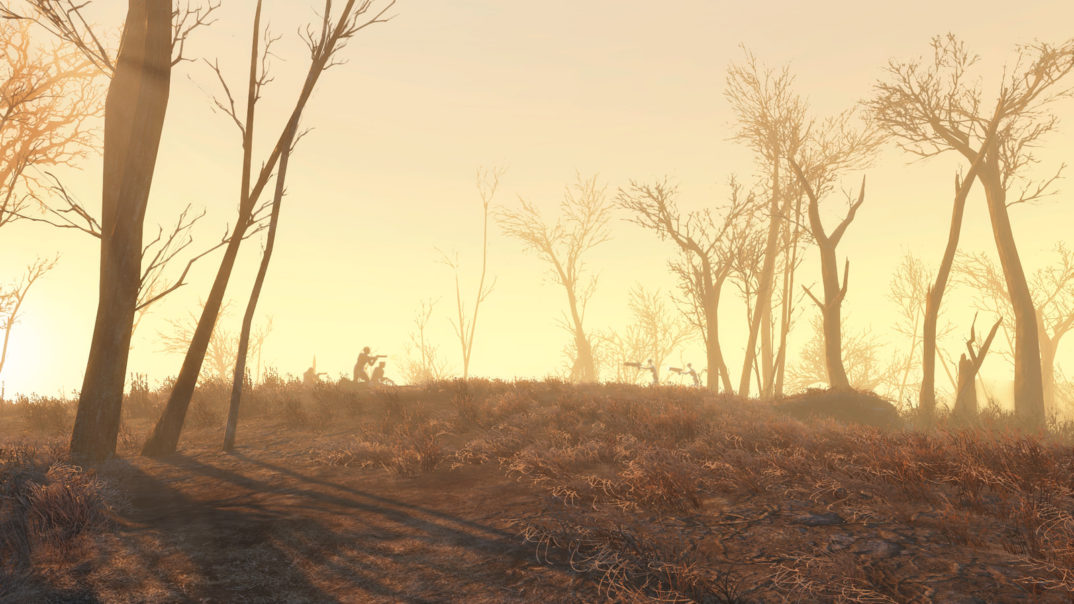Since the first atom bombs fell on Hiroshima and Nagasaki in 1945, pop culture has imagined and re-imagined apocalyptic narratives. From the “atomic pop” that proliferated on the radio in the 1940s and 50s, to the 2008 and 2016 releases of post-apocalyptic video games Fallout 3 and Fallout 4, this recurring theme exemplifies how ingrained the apocalyptic narrative is in Western culture. However, a shift can be seen from apocalyptic fears in the years after the bomb, to the post-apocalyptic heroic narratives told today in video games like Fallout. Although the apocalypse was once seen as the ultimate end, post-apocalyptic narratives make room for life afterwards, a life inherently fraught with ethical dilemmas about how to rebuild society. Where did apocalyptic narratives shift from ultimate annihilation to a heroic narrative about rebuilding society, and how does Fallout provide a moral compass for navigating the post-apocalypse?
Continue reading “Evolving Apocalyptic Narratives and the Ethics of Fallout”

